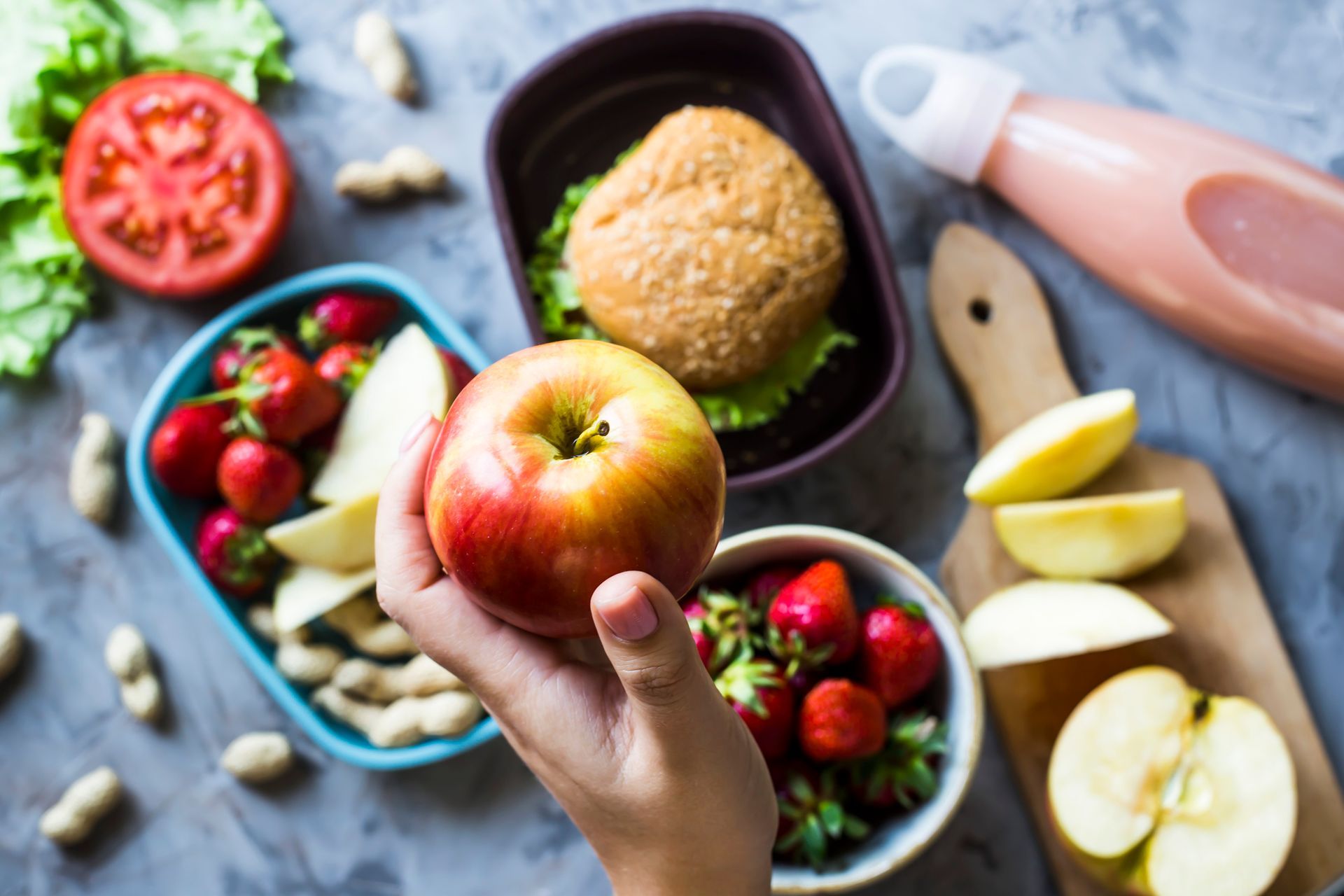Nourishing the ADHD Brain Diet and Supplement Tips for Kids
The intricate relationship between diet, supplements, and ADHD is a complex one, and ongoing research continues to provide valuable insights. While no definitive diet or supplement regimen guarantees optimal brain function for all children with ADHD, certain nutritional approaches and supplements have shown promise in supporting cognitive function and behavior.

The Role of Diet in ADHD
A balanced diet rich in essential nutrients is crucial for overall health and brain function. While there's no one-size-fits-all "ADHD diet," research suggests that certain dietary patterns may benefit children with ADHD:
• Adequate protein: Protein can help stabilize blood sugar levels and provide sustained energy, potentially improving focus and attention. Incorporate lean meats, poultry, fish, eggs, beans, lentils, and nuts into meals and snacks.
• The right fats: These essential fats support brain health and cognitive function. According to a recent study published in European Child & Adolescent Psychiatry (2022), DHA consumption was associated with selective and sustained attention and executive conflict response. Include fatty fish (salmon, mackerel, tuna), flaxseeds, chia seeds, and walnuts in the diet.
• The right carbohydrates: Whole grains, fruits, and vegetables provide sustained energy and an abundance of essential vitamins and minerals that are crucial for proper brain function.
• Limiting processed foods, sugary drinks, and artificial additives: These can contribute to blood sugar fluctuations and hyperactivity. Excess sugar can cause inflammation, contribute to obesity and a host of health challenges. Try offering fresh fruits in place of sugary snacks and desserts.
Supplements and ADHD
While some supplements have shown potential benefits for ADHD, it's essential to approach them with caution and under the guidance of a healthcare provider.
• Omega-3 fatty acids: Supplementing with omega-3s may be beneficial for children with ADHD, especially those with low levels in their diet. Barlean’s has a line of great tasting liquid Omega 3 supplements for kids at Marlene’s. Many customers find they are a convenient way to make sure their child is meeting the needs of their growing brain.
• Iron: Iron deficiency is common in children with ADHD and can contribute to cognitive difficulties. If diagnosed with iron deficiency, supplementation under a healthcare practitioner’s supervision may be necessary.
• Zinc: Some studies suggest a link between zinc deficiency and ADHD symptoms. However, more research is needed to establish a clear connection.
• Vitamin D: Sufficient vitamin D levels are essential for overall health and brain function. If vitamin D deficiency is diagnosed, supplementation may be recommended.

Cautions and Considerations
• Individual variability: Children with ADHD may respond differently to dietary and supplement interventions. What works well for one child may not work as well for another.
• Potential side effects: Some supplements can interact with medications or cause adverse effects. Always consult with your child’s healthcare practitioner before starting any new supplement.
• Focus on overall health: A healthy diet and lifestyle are essential for optimal brain function in all children, regardless of ADHD diagnosis.
While diet and supplements can be important components of a comprehensive ADHD management plan, they should not replace professional treatment and support. Be sure to work with your child’s healthcare practitioner to address the complexities of ADHD.

Back to School Success
Getting back into the school routine after summer can be challenging but there are things we can do to make it easier.
Balanced Breakfast Ensure your child starts the day with a balanced breakfast that includes a mix of protein, whole grains, and fruits or vegetables. This fuels their brain and helps improve focus throughout the school day.
Healthy Lunches and Snacks Pack lunches and snacks that include a variety of fruits, vegetables, lean proteins, and whole grains. Avoid sugary snacks and opt for nutritious options like yogurt, nuts, and veggie sticks.
Hydration Encourage your child to drink plenty of water throughout the day. Proper hydration is crucial for maintaining focus and cognitive function.
Regular Meal Times Establish consistent meal times to help regulate your child’s metabolism and energy levels. Skipping meals can lead to a lack of concentration and fatigue.
Adequate Sleep Ensure your child gets the recommended amount of sleep for their age. Establish a consistent bedtime routine and avoid screens before bed to promote restful sleep.
Mindful Eating Teach your child to eat slowly and pay attention to their hunger and fullness cues. This can help prevent overeating and support better digestion and concentration.
Physical Activity Incorporate regular physical activity into your child’s routine. Activities like sports, dancing, and outdoor play help improve cognitive function and overall well-being.
Healthy Brain Foods Include brain-boosting foods in your child’s diet, such as fish rich in omega-3 fatty acids, nuts, seeds, and berries. These foods support cognitive health and memory.
Limiting Sugary and Processed Foods Reduce the intake of sugary and highly processed foods, which can lead to energy crashes and difficulty focusing. Opt for whole, unprocessed foods instead.
Stress Management Help your child manage stress through activities they enjoy, like drawing, reading, or playing with friends.
Stress can impact cognitive function and overall health, so finding healthy outlets is key. By following this checklist, you can support your child's health and wellness as they head back to school.










